Universities
Russian state universities that are part of the RACUS group
The RACUS group of Russian state universities invites you to choose from more than 1,200 programs in Medicine, Engineering, Economics and Humanities. Choose the program of your interest, and we will suggest the universities to apply to.
NB! The RACUS group includes 20 Russian state universities. If you currently do not see some universities on this page, this means that admission is closed for this year. We will update the information as soon as the procedures and quotas for admission of foreign students to universities for the next academic year are approved.
Get a prestigious profession and a world-recognized diploma
-

Tambov State University
-

Saint Petersburg State Chemical Pharmaceutical University
-
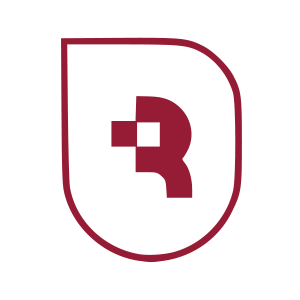
Saratov State Medical University named after V.I. Razumovsky
-
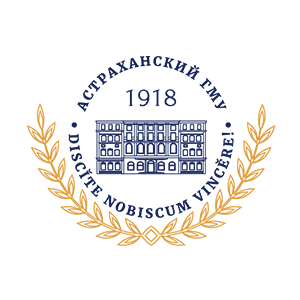
Astrakhan State Medical University
-
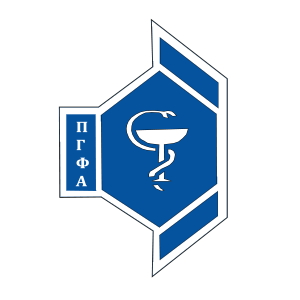
Perm State Pharmaceutical Academy
-
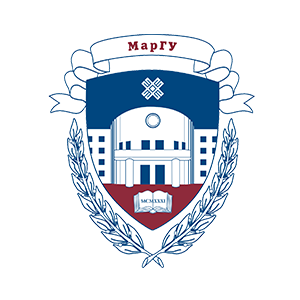
Mari State University
-
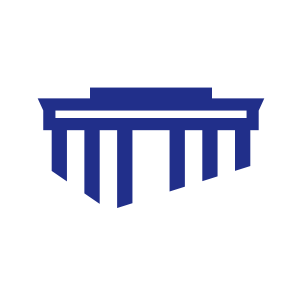
Saint Petersburg State University of Veterinary Medicine
-
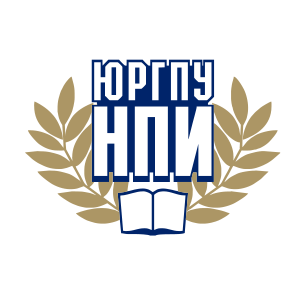
Platov South-Russian State Polytechnic University
-

Nizhny Novgorod State University for Architecture and Civil Engineering
-
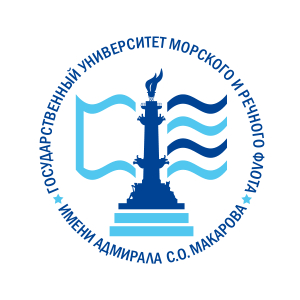
Admiral Makarov State University of Maritime and Inland Shipping
-

Peter the Great Saint Petersburg Polytechnic University
-
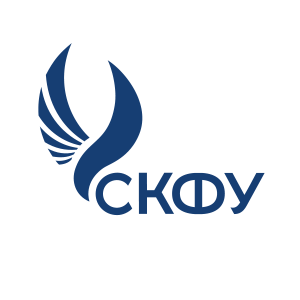
North-Caucasus Federal University
-

Synergy Moscow University
-
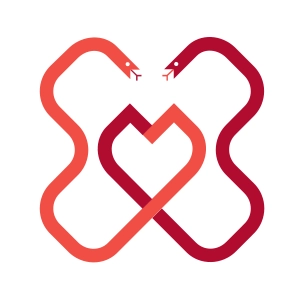
Privolzhsky Research Medical University
Back to top

